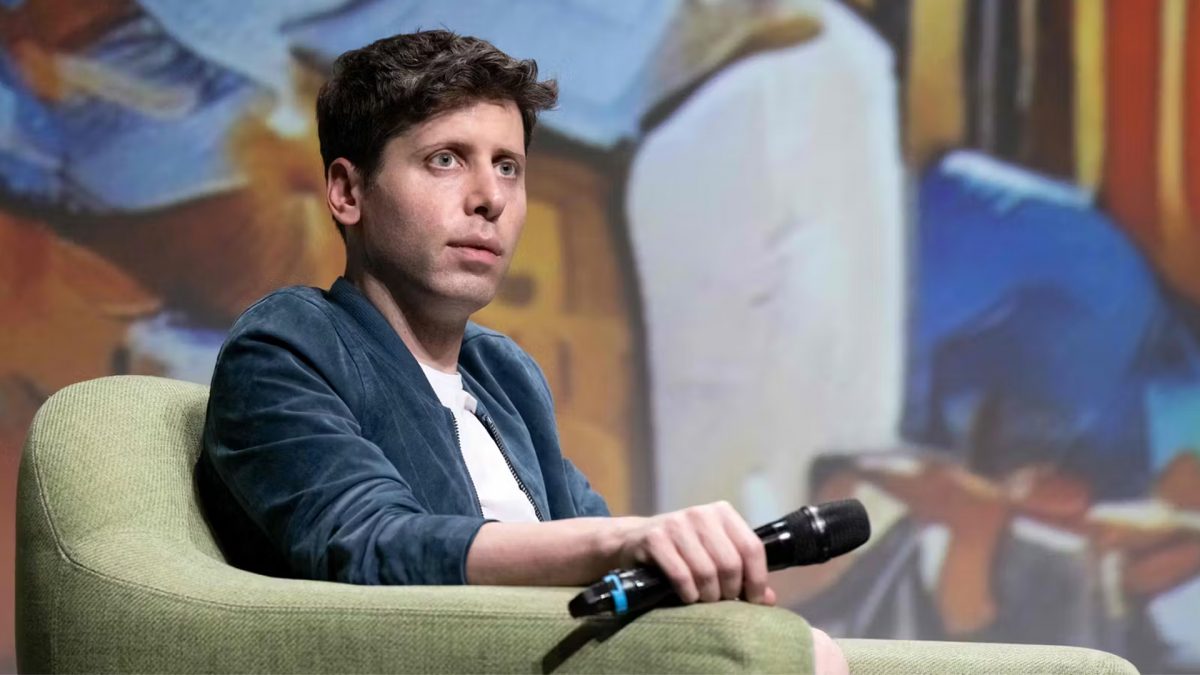A group of artists volunteering as beta testers for OpenAI’s upcoming video creation tool, Sora, leaked access to the platform’s API in a bold protest against what they called exploitative practices by the AI company.
The leak, which occurred on Tuesday, was accompanied by an open letter posted on the Hugging Face platform, addressed to “corporate AI overlords.” The artists criticised OpenAI for allegedly using them to legitimise its product through what they described as a PR exercise disguised as collaboration.
Protesting against ‘Art Washing’
The protesting artists claim they were invited to test Sora as “creative partners,” only to find their participation was tightly controlled and geared more towards marketing than meaningful input. They accused OpenAI of using their involvement to promote Sora as an artist-friendly tool while prioritising corporate interests. In their letter, the group said OpenAI’s early-access program lacked genuine room for creative expression and was more focused on managing the product’s public image.
By leaking Sora’s API, the group made it possible for others to experiment with the tool. Social media quickly lit up with posts from users showcasing short video clips generated by Sora, many marvelling at its ability to produce high-definition, 10-second videos. “It can be shut down anytime, try it now!” one user on X exclaimed. OpenAI swiftly paused access to the API, stating the tool is still in a research preview phase.
OpenAI responds amid growing concerns
OpenAI addressed the situation, saying the company remains committed to making Sora a valuable and safe creative tool. A spokesperson noted that “hundreds of artists” have been part of Sora’s development, with their involvement entirely voluntary. OpenAI emphasised its efforts to support artists through grants and events, describing Sora as a project driven by collaboration. However, this reassurance has done little to quell broader concerns about the company’s approach to AI.
Generative AI tools like Sora, which rely on massive datasets scraped from the internet, have long faced criticism from artists over issues of copyright and content usage. Many in the creative community worry about their work being used without consent to train such models, a concern that fuels protests like this one.
The bigger picture: A tipping point for AI ethics
Marc Rotenberg, executive director of the Center for AI and Digital Policy, noted the irony of OpenAI’s situation. Once envisioned as a research-driven organisation prioritising openness, the company has since leaned heavily into commercialisation, with backing from Microsoft. Rotenberg suggested the artists’ leak could serve as a reminder of OpenAI’s original mission but acknowledged the tension it creates for corporate stakeholders.
While OpenAI managed to quickly shut down access to the leaked API, the protest underscores growing discontent among artists about the role of generative AI in creative industries. As anticipation builds around Sora’s official release, the incident highlights the ethical challenges facing AI companies seeking to balance innovation with the rights of creators.
)